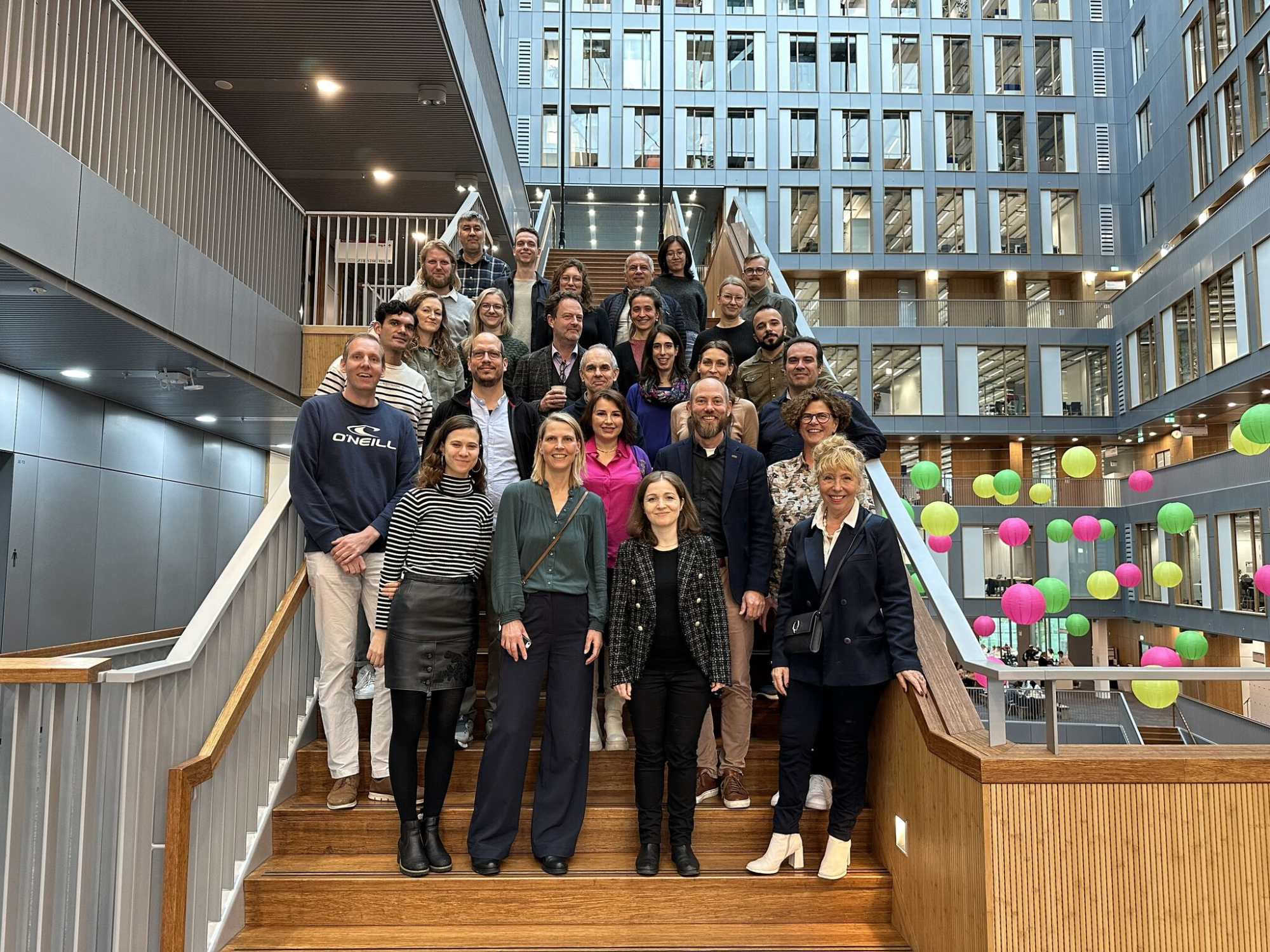Studies show that people with lower incomes, immigrants, younger people, and the elderly are the most affected by the context of a Europe in transition. The European project RECONNECTED seeks to connect these vulnerable communities, relying on INESC TEC to develop a digital support platform.
A war that has lasted for two years, climate change, migration, and the challenges of digitalisation: how have European citizens adapted to this context? And what is the state of our mental health? This is the starting point for the RECONNECTED project – which seeks to understand how said challenges influence the mental health of European citizens, while developing “empowering and non-stigmatising” tools, improving psychological resilience, and boosting social participation.
INESC TEC plays a crucial role as a partner in the project, in charge of developing the digital support solution for socially disadvantaged communities, “promoting resilience and connecting vulnerable citizens”. This platform relies on software previously developed by the Institute within the scope of other projects in the area of mental health – in which it collaborated with the Vrije Universiteit Amsterdam (VUA), the coordinating entity of the reconnected project.

This platform will be developed in collaboration with local community actors in nine European countries, following a participatory research protocol. “Based on a framework developed with a complex systems outlook, the platform will be able to address changes in mental health caused by the global challenges identified, providing a better understanding of how risk and protective factors at the individual, social, and environmental levels interact dynamically and impact mental health“, said Gonçalo Campos Gonçalves, researcher at INESC TEC.
The “great potential” of digital solutions
The main objective of the platform is to provide an adaptive and personalised response to the individual needs of participants, thus “demonstrating significant potential in supporting mental health”. “The platform will act on different levels, e.g., mental health literacy, social prescribing and personalised micro-interventions, resorting to intervention tools via web and a mobile application”, added the researcher.
According to the project team, digital solutions like this show “great potential”, and are suitable both for preventive actions and “for the empowerment of citizens in the community, making mental health care and prevention accessible, economical and safe”.
The project strategy meets the European Commission’s action plan. The numbers are troubling. In the first year of the pandemic, anxiety and depression increased by 25% worldwide; in the European Union, the perception of loneliness grew by more than 20%. But the pandemic only opened a wound that already existed: even before several lockdowns, at least 84 million people across the EU revealed mental health problems. And there are studies that suggest that the mental health of marginalised and vulnerable citizens – people on low incomes, immigrants, the youngest and the elderly – is the most affected by the transition context that Europe is going through.
As part of the project, randomised clinical trials will be conducted among several vulnerable European communities in nine countries: young people aged 16 to 25 (Denmark), men aged 17 or more recruited for compulsory military service (Finland), adult population with low socioeconomic status (France), young people aged 12 to 16 (Germany), adult population with low socioeconomic status (Kosovo), elderly people aged 55 and over (Netherlands), adult migrants from Latin America (Spain), elderly people aged 55 and over (Switzerland) and adult migrants, non-Western (United Kingdom).
“The results of the trials will be processed concerning the predefined optimisation criteria in each vulnerable population to make recommendations on the most optimal version (in terms of effect, efficiency, economy, scalability) of the intervention”, said the researcher.
INESC TEC is one of the 11 partners of RECONNECTED, a consortium that brings together knowledge from various domains, from psychology to data science. The consortium will train young researchers to become experts in the field of community-based mental health with knowledge on how to protect mental health in times of change.



 News, current topics, curiosities and so much more about INESC TEC and its community!
News, current topics, curiosities and so much more about INESC TEC and its community!